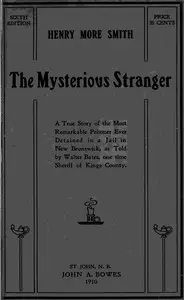"Eleanor Ormerod, LL. D., Economic Entomologist: Autobiography and Correspondence," edited by Robert Wallace, chronicles the life of Eleanor Ormerod, a groundbreaking woman in the field of economic entomology. Through a blend of personal stories and collected letters from the early 1900s, Ormerod shares her journey, starting with her childhood at Sedbury Park in Gloucestershire and her budding interest in the natural world. She vividly remembers her early fascination with flowers and insects, her home-based education guided by her mother, and her family's deep connection to the environment. This exploration of her beginnings reveals how her upbringing and keen observations inspired her important work in economic entomology, eventually leading to her esteemed position in the scientific community.
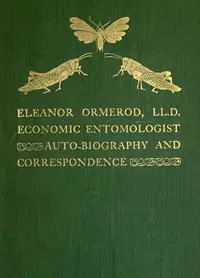
Eleanor Ormerod, LL. D., Economic Entomologist : Autobiography and Correspondence
By Eleanor A. (Eleanor Anne) Ormerod
Discover how a childhood filled with insects and flowers transformed a young girl into a scientific pioneer, forever changing our understanding of the insect world and its impact on agriculture.
Summary
About the AuthorEleanor Anne Ormerod was a pioneer English entomologist. Based on her studies in agriculture, she became one of the first to define the field of agricultural entomology. She published an influential series of articles on useful insects and pests in the Gardeners' Chronicle and the Agricultural Gazette along with annual reports from 1877 to 1900. These annual reports were produced by summarizing information provided by her network of correspondents from across Britain. Belonging to the landed gentry, she worked as an honorary consulting entomologist with the Royal Agricultural Society of England and received no pay for any of her work. She also promoted the use of paris green as an insecticide and called for the extermination of the house sparrow.
Eleanor Anne Ormerod was a pioneer English entomologist. Based on her studies in agriculture, she became one of the first to define the field of agricultural entomology. She published an influential series of articles on useful insects and pests in the Gardeners' Chronicle and the Agricultural Gazette along with annual reports from 1877 to 1900. These annual reports were produced by summarizing information provided by her network of correspondents from across Britain. Belonging to the landed gentry, she worked as an honorary consulting entomologist with the Royal Agricultural Society of England and received no pay for any of her work. She also promoted the use of paris green as an insecticide and called for the extermination of the house sparrow.

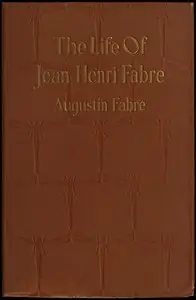
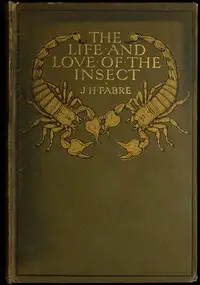
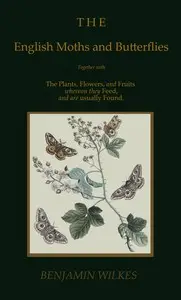
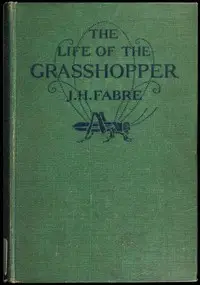
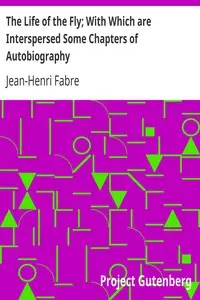
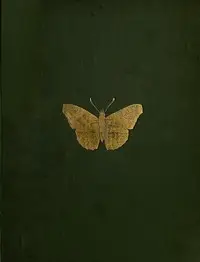
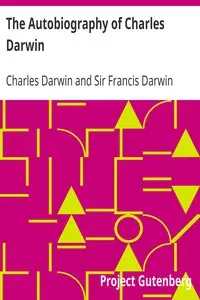



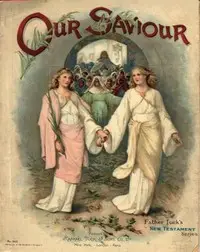
![The True George Washington [10th Ed.] by Paul Leicester Ford](https://cdn.a2-host.cloud/Ow6VhHE3WMCSSW3rR-3PnA-7I3rSqCGdH4n_HeIgKI8/rs:fill:215:325:0/g:ce/aHR0cHM6Ly9zcC1hc3NldHMuczMudXMtd2VzdC0wMDQuYmFja2JsYXplYjIuY29tL2Jvb2svMTIzMDAvVGhlX1RydWVfR2VvcmdlX1dhc2hpbmd0b25fMTB0aF9FZF9jb3Zlci5qcGc.webp)
